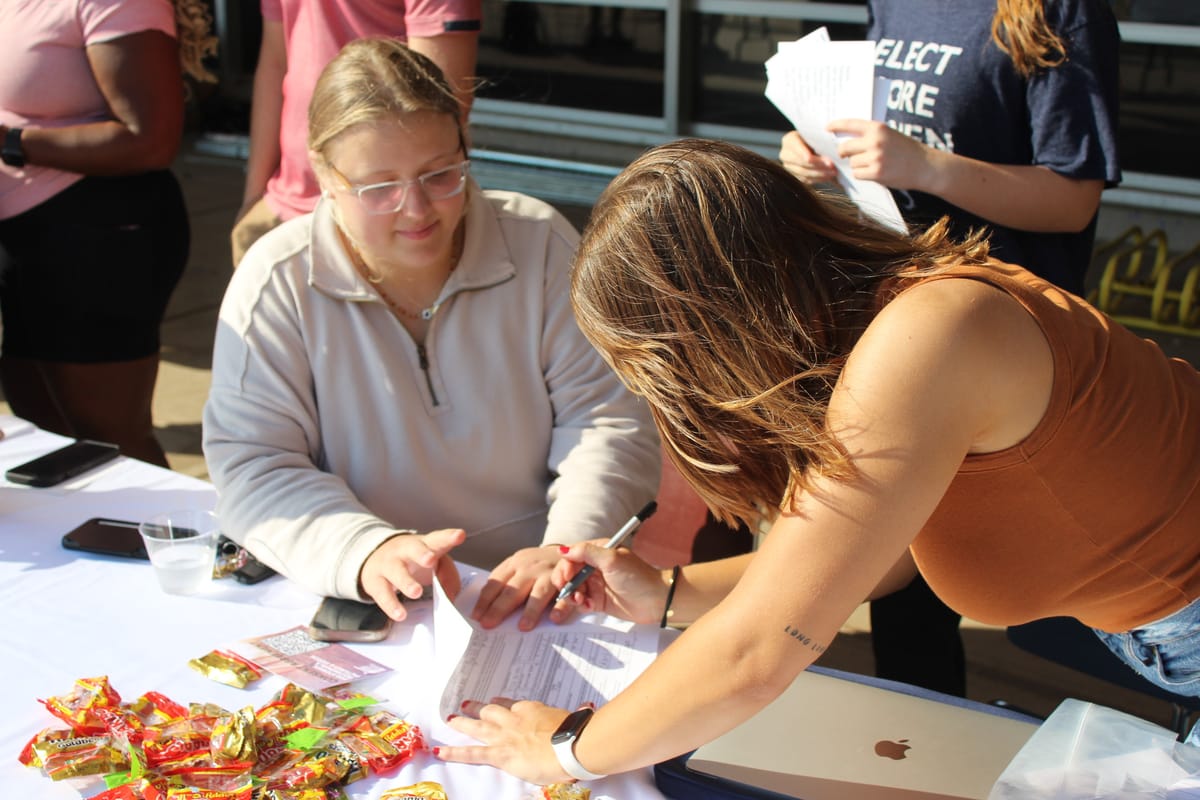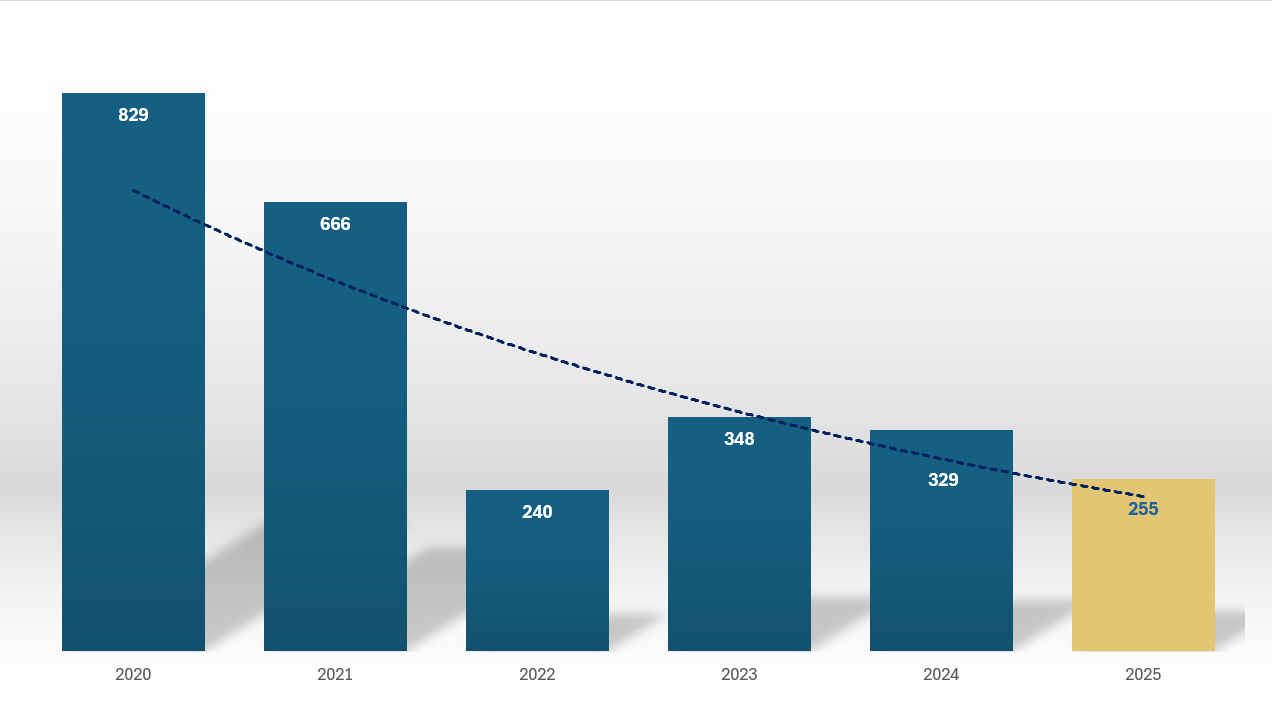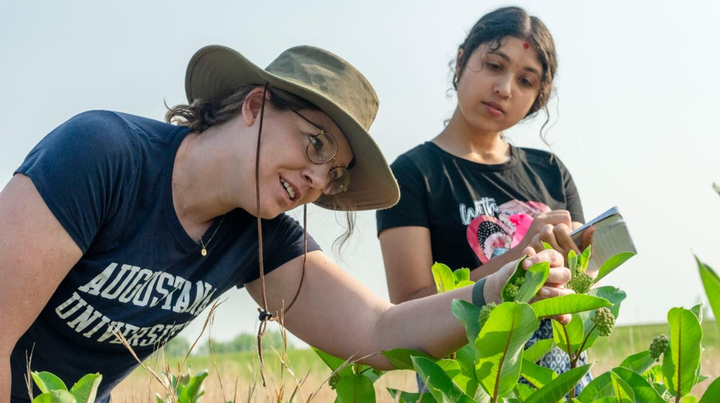IM28 sparks debate amongst South Dakotans

As the Nov. 5 election draws near, the debate regarding IM28 intensifies. The measure would eliminate the state’s ability to tax products for human consumption, excluding alcohol or prepared food.
Proponents argue IM28 eliminates a regressive grocery tax, while critics warn of significant unintended consequences.
A 2022 study by Feeding South Dakota found that 106,710 South Dakotans are food insecure, and 65% of these households do not qualify for SNAP, a federal program that provides food assistance to low-income households.
Rick Weiland, co-founder of Dakotans for Health, drafted IM28 and says it will benefit working South Dakotans.
“I’m talking about those people that are working hard that have families and are struggling who are spending upwards of 30% of their household income just to put food on the table,” Weiland said.
The coalition opposing IM28, South Dakotans Against a State Income Tax, includes multiple statewide organizations and is led by Nathan Sanderson, executive director of the South Dakota Retailers Association.
“I think the concept of limiting the sales tax on groceries has merit,” Sanderson said. “IM28 doesn’t do that; it’s way, way more than just food.”
Critics say “anything for human consumption” could remove taxes on more than groceries.
“It’s not just limited to food,” Sanderson said. “It’s food and tobacco and a whole host of other things: mouthwash, toothpaste, feminine hygiene products, toilet paper, a whole variety of things.”
The Legislative Research Council’s fiscal note says IM28 could lead to a $123.9 million revenue loss, assuming it refers to food items.
Later, a LRC fiscal analysis considers a broader interpretation, estimating IM28 could cost between $133.6 million and $646.2 million, concluding “The original fiscal note may no longer be the best information available on the fiscal impact of IM28.”
Weiland rejects these higher estimates, reaffirming that the measure is only intended to cover groceries.
Weiland suggests that any later clarifications on IM28’s wording would refer to the petition's intent. The petition specifically includes the $123.9 million figure from removing the state tax on only food.
“You don’t get to $123.9 million if you are talking about taking it off of tobacco and toilet paper and pharmaceuticals,” said Weiland.
Sanderson said he would oppose IM28 even if the measure accounted for the $123.9 million figure, as there is no plan to offset the revenue loss.
“Whenever you’re gonna cut revenue, you have to find a way to pay for it,” Sanderson said. “You’re either cutting something, raising another tax or doing something because the money’s gonna come from somewhere.”
Weiland suggested that the state could simply revert the 0.3% sales tax reduction from 2022 to recoup $104 million annually and tap into the $1.4 billion in tax exemptions.
Another point of contention is IM28’s impact on cities.
The measure states municipalities may continue to impose such taxes. However, opponents cite South Dakota Codified Law 10-52-2, which restricts cities’ taxing authority to what the state can tax.
Debbra Houseman, Wagner city administrator and finance officer, opposes IM28, believing it would hurt small towns by restricting funding for infrastructure, parks, and public services. She also believes the tax cuts would have minimal impacts on on working families
“I do not think that IM28 will benefit my family, nor do I think while I was raising my four sons as a single mother working three jobs do I think $6 on every $100 I spent would have made a difference on whether my family financially was able to operate,” Houseman said.
South Dakota Senate Minority Leader Reynold Nesiba says the criticisms of IM28 are easily addressable and has drafted a bill to do so.
Nesiba’s bill clarifies that “anything for human consumption” refers only to food, ensuring the revenue decrease remains $123.9 million while continuing to tax other consumables. Nesiba’s bill also sets the state sales tax on food to 0% instead of eliminating the state's ability to tax food. This change allows cities to continue taxing food in conformance with SD codified law 10-52-2.
“If [IM28] passes in November, a legislator could prefile this, make this senate bill number one, if they wanted, and take care of it in the first week of the legislative session and move on with other business.”



